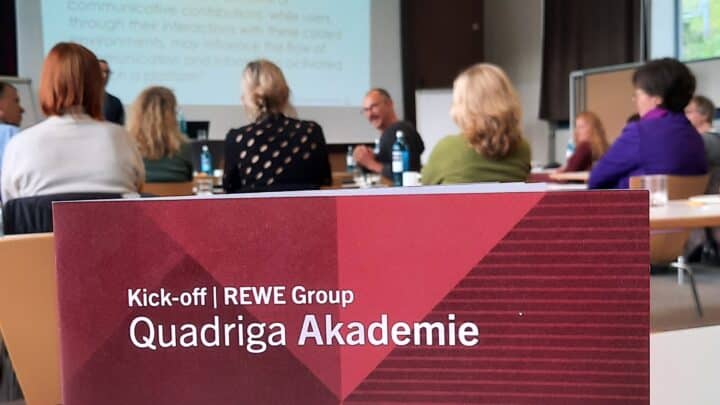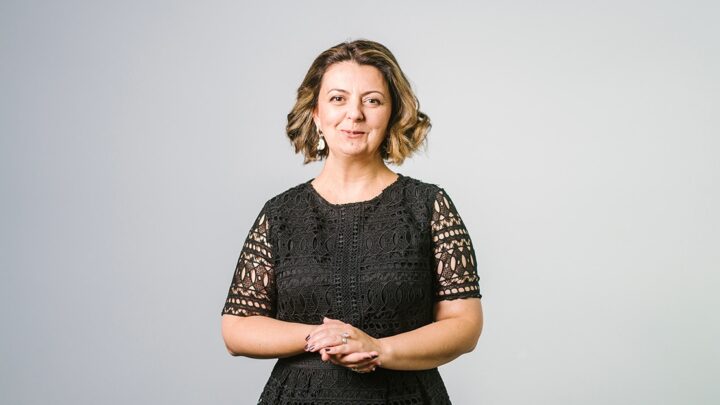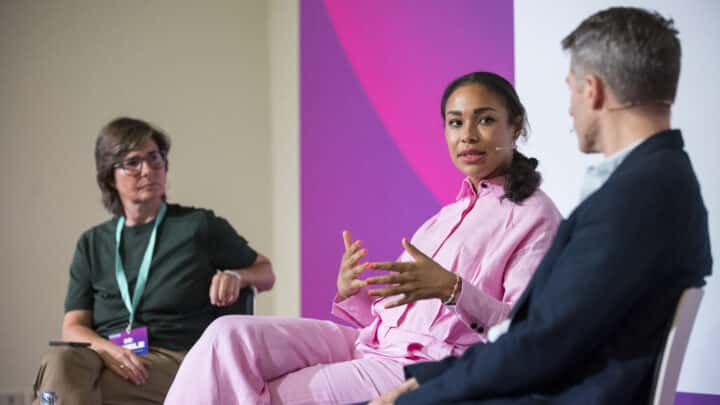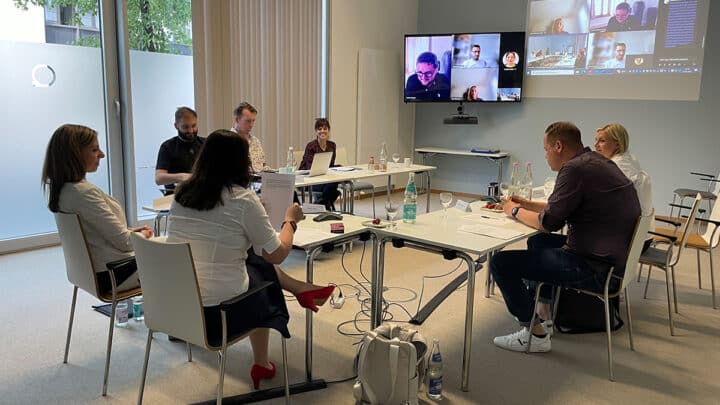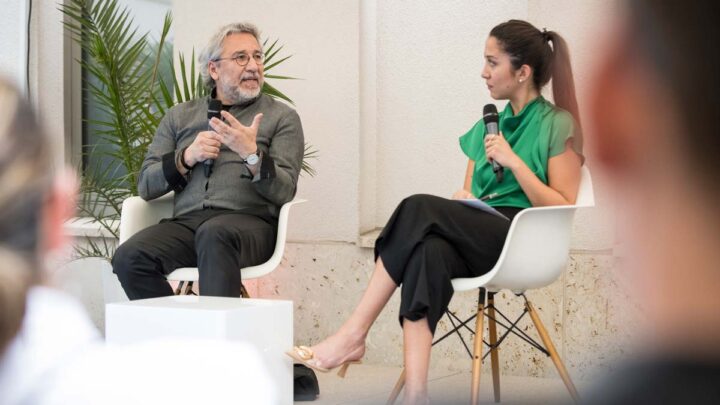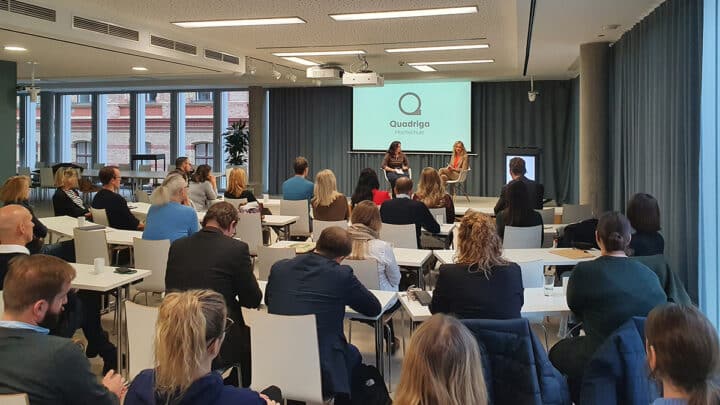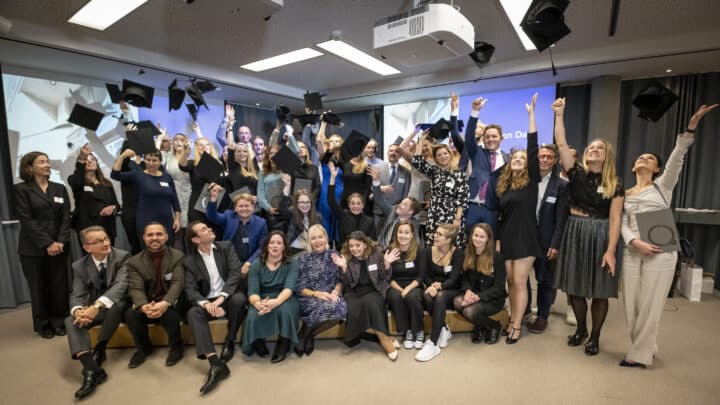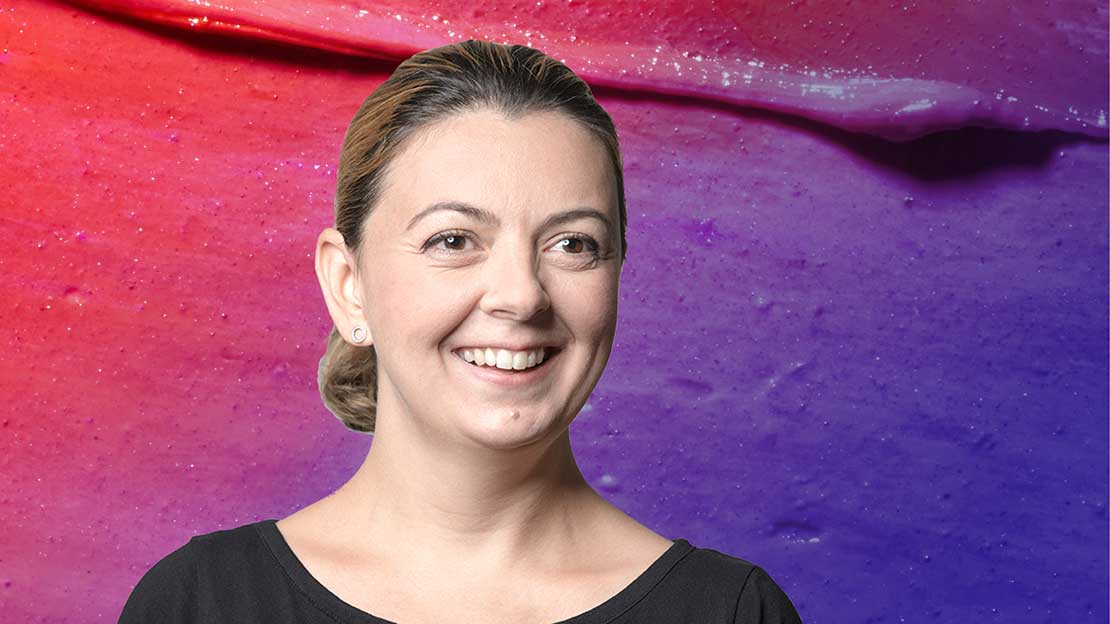
The #WomeninPR book is now ready and free to download. It is the follow-up to the thought-provoking podcast and a collaboration with Dr. Edna Ayme-Yahil to edit a volume exploring similar topics, bringing together research and reflections from around the world.
Read here from the foreword or learn more and get the free book on our Women in PR site.
„At the time of the COVID-19 pandemic when women’s research outputs dwindled (Fazackerley, 2020) and many practitioners‘ levels of pressure and stress increased due to a higher demand for communication services coinciding with the reduced access to support services including childcare, this reader aims to reflect on the progress made so far and contribute to keeping the discussion going.
Additionally, at a time of such confinement, this reader celebrates the diversity (of origin, practice, language, thinking) through the diversity of our contributors and the unity that technology provides. 16 chapters, 4 continents, more than 10 countries. Moreover, the research presented here is as important as the personal experiences of our contributors, many of whom, you will find, having both studied and worked in the field.
Melike Aktas’ chapter will provide you with a brief overview of PR research on women and about women. Jenifer Boughey’s review of her master’s thesis highlights the personal journeys and stories of female practitioners in or out of PR leadership, showing among others how important it is to give women a voice and give them a platform to be heard. Amelia Reigstad’s article reflects on the findings of her doctoral work revealing that gender, stereotypes and ageism within public relations are significant factors within workplace communication. Liz Yeomans’ article discusses feminism and its understanding and applications for PR by focusing on how senior PR women working in PR agencies in the UK discuss their career experiences and professional relationships, construct identities in relation to feminism and gender equality.
Talia Beckett Davis discusses the different career paths that women and men have in public relations, reflecting on the influence on pay and confidence that career breaks taken to focus on caring for others family members have on women. The pay gap and glass ceiling are also discussed by Carolina Carbone and Luz Canella Tsuji using data from a preliminary study they carried out in Argentina. Begüm Ekmekçigil Türkmen’s article provides an insight into her doctoral research exploring career experiences of female PR practitioners in Turkey. The importance of understanding context, culture and legislation are highlighted in Ramona Slusarczyk and Amal Dib analysis and reflection of PR practice in the Middle East with questions about the challenges these pose in particular to female practitioners being raised.
Amanda Holdworth’s contribution discusses burnout amongst female PR practitioners while Sia Papageorgiou provides a reflection on diversity both from her own experience as well as observations and analysis of how diversity and inclusion are addressed in Australia. Artificial intelligence is also discussed here: first Zora Artis looks at gender bias and how it can be defeated (providing in a sense a response if not a solution to the questions asked in previous articles) then by Kerry Sheehan and her passionate call for PR practitioners to actively engage in discussions about artificial intelligence and their application and impact.
Sian Rees argues that “emotionally intelligent will help organizations to understand and challenge their role in society and offer ways for a variety of brand stakeholders to engage directly with an organization, and its employees, to challenge brand inauthenticity and direct brands towards actions which support the public good” (p. 114). In doing so, she provides a series of guiding principles for social oriented PR practice. Amanda Coleman provides some useful advice too on how empathy and humanity can be embedded in the communication practice and improve communication in crisis situations. Speaking of crises, Mike Klein reflects on how COVID-19 might change gender dynamics at work. Finally, Raffaela Gmeiner and Olga Kolokytha take a deeper incursion into the world of music PR where women are scarce and provide solutions to make them seen.
Finally, this reader is your written companion and extension to the Women in PR podcast launched in 2019 (and planning a second series for the end of 2020) and featuring interviews with practitioners and academics on topics ranging from missing voices in PR history to wellbeing of PR professionals and access to the C-suite. And very much like the podcast, this reader uses gender and feminization as a pretext to revisit our assumptions about the profession and its professionals, consider its past and present and imagine its future. In this sense, discussing about women in PR is an attempt to think of a profession puts ethics and diversity at the center.“
+++ Learn more and get your free book on our Women in PR site +++

Prof. Dr. Adi erwarb ihren Doktortitel an der University of the West of Scotland. In ihrer Doktorarbeit, einer Frameanalyse, beschäftigte sie sich mit medialen Diskursen über China, die Olympischen Spiele und Menschenrechte während der Olympischen Sommerspiele in Beijing 2008. Vor ihrer Lehrtätigkeit an der Quadriga Hochschule Berlin hat sie in den USA (als Fulbright-Stipendiatin), in Belgien, Bahrain, Thailand und Großbritannien studiert, gearbeitet und gelebt. Zudem unternahm sie Reisen in viele weitere Länder. Bereits seit 2015 ist Prof. Dr. Ana Adi Vorsitzende der Digital Communication Awards in Berlin und seit 2018 Mitglied der Institute for Public Relations Measurement Commission.
An der Quadriga Hochschule ist sie seit 2022 als Vizepräsidentin für die Bereiche Lehre sowie (internationale) Kooperationen verantwortlich.


